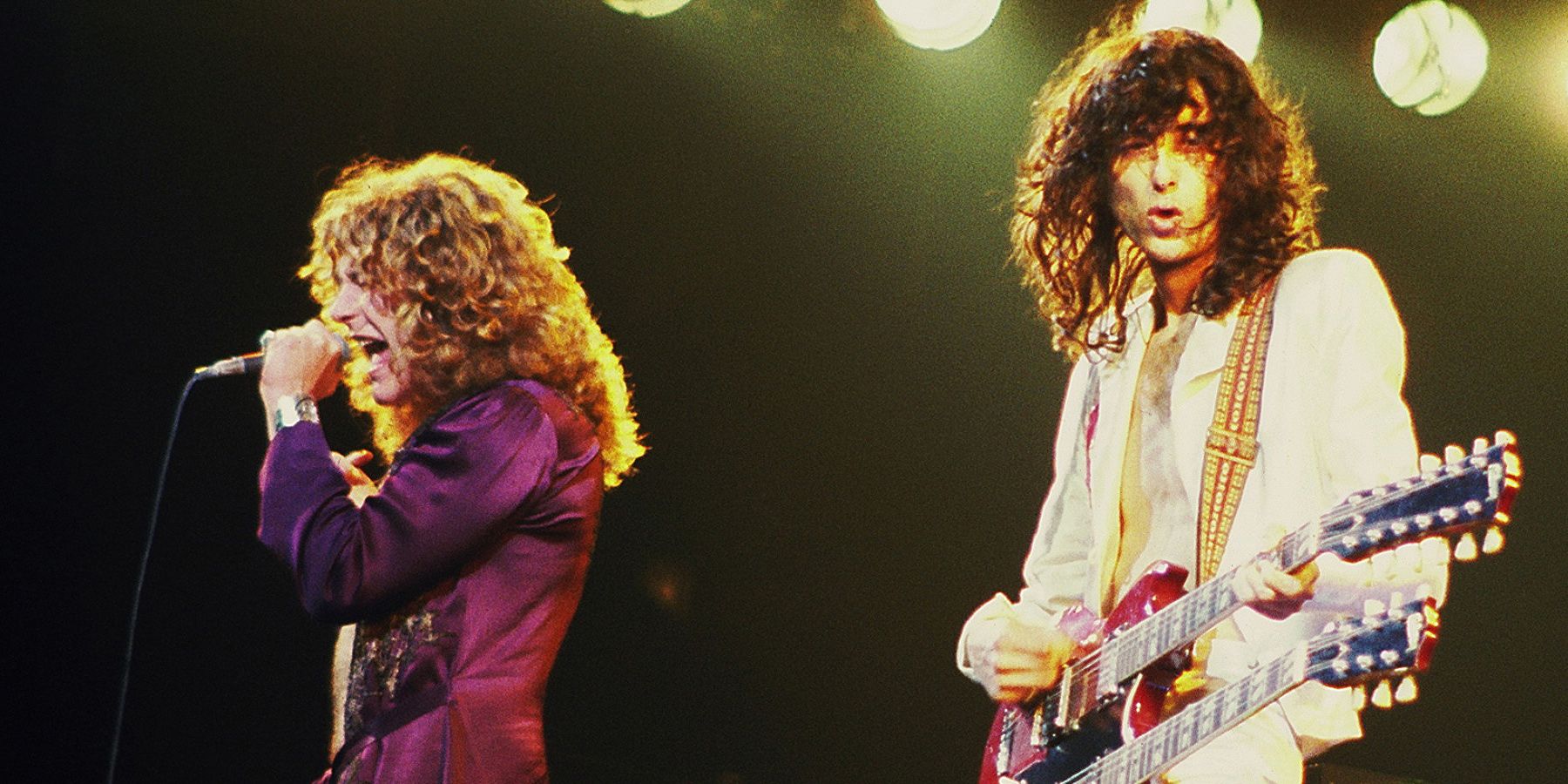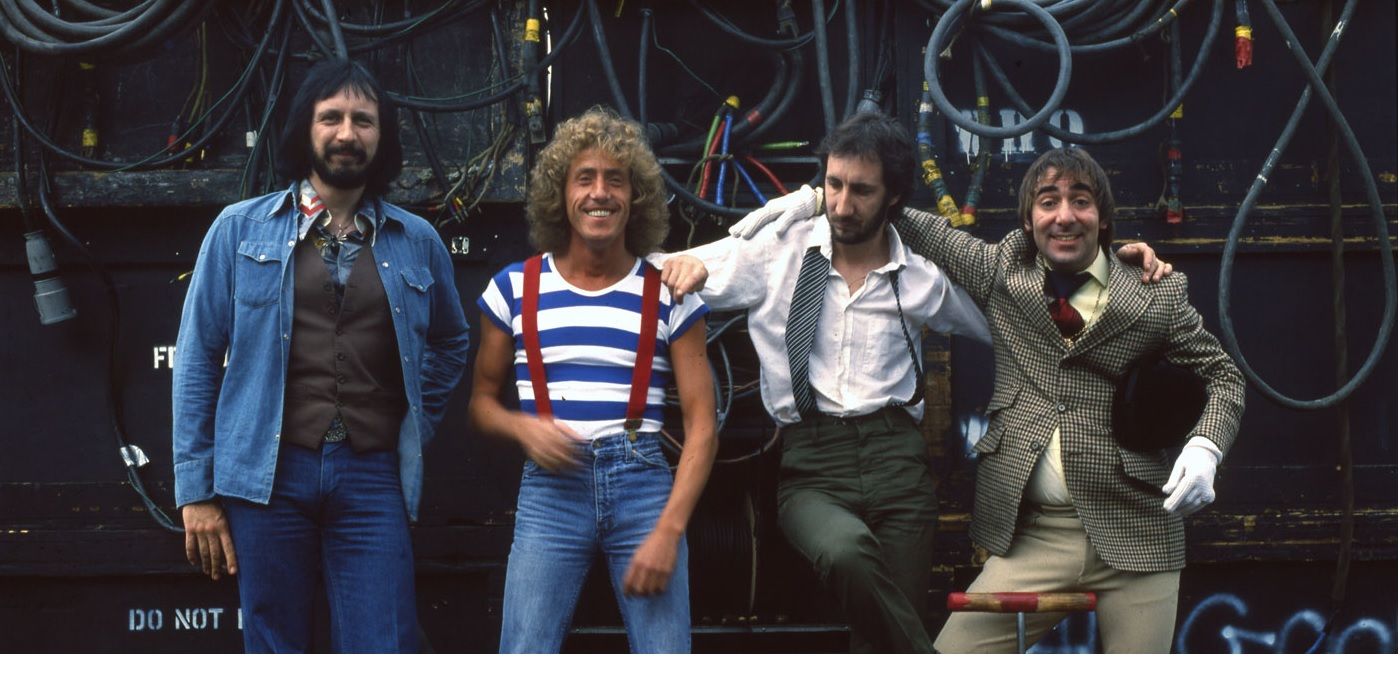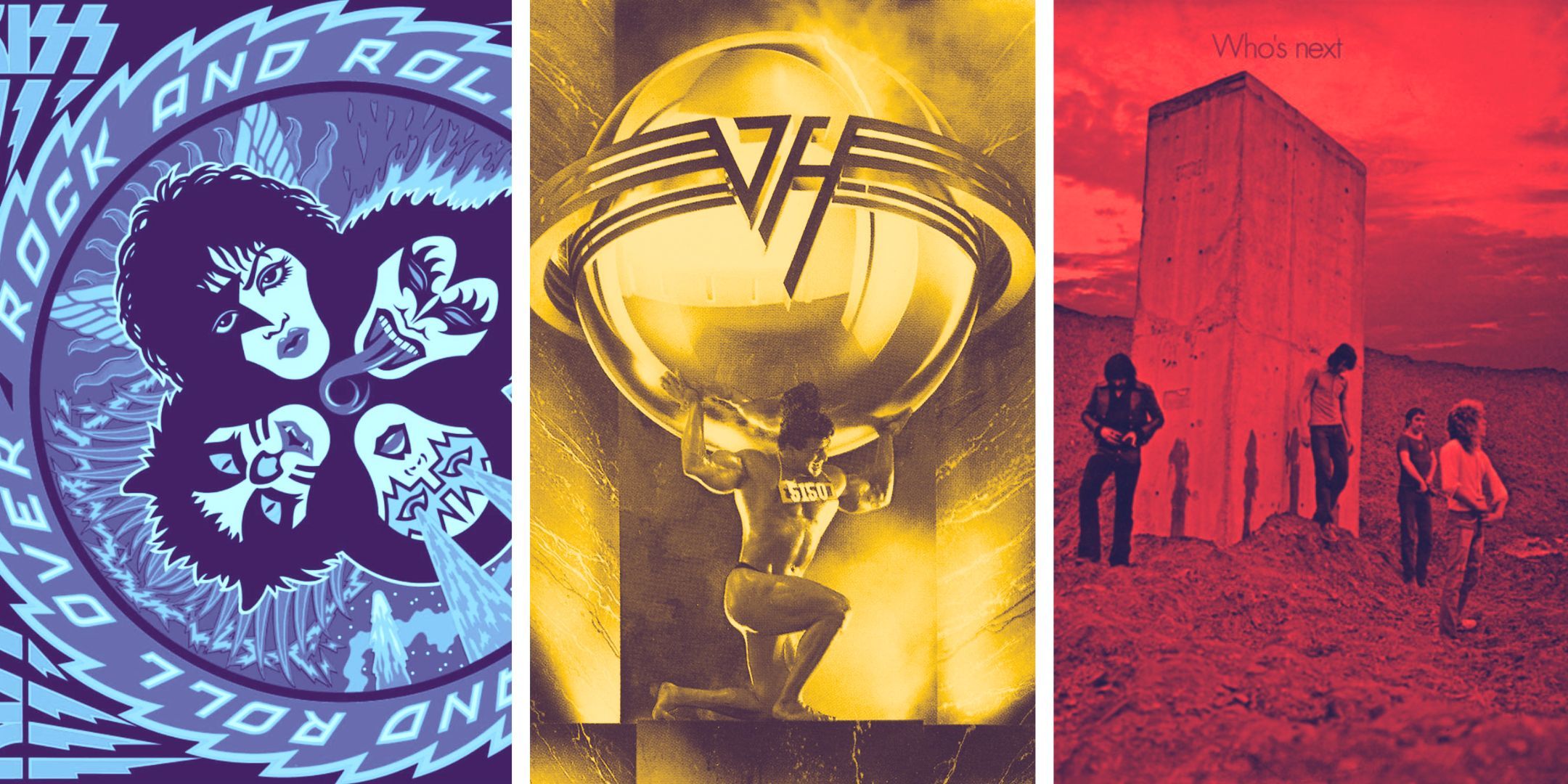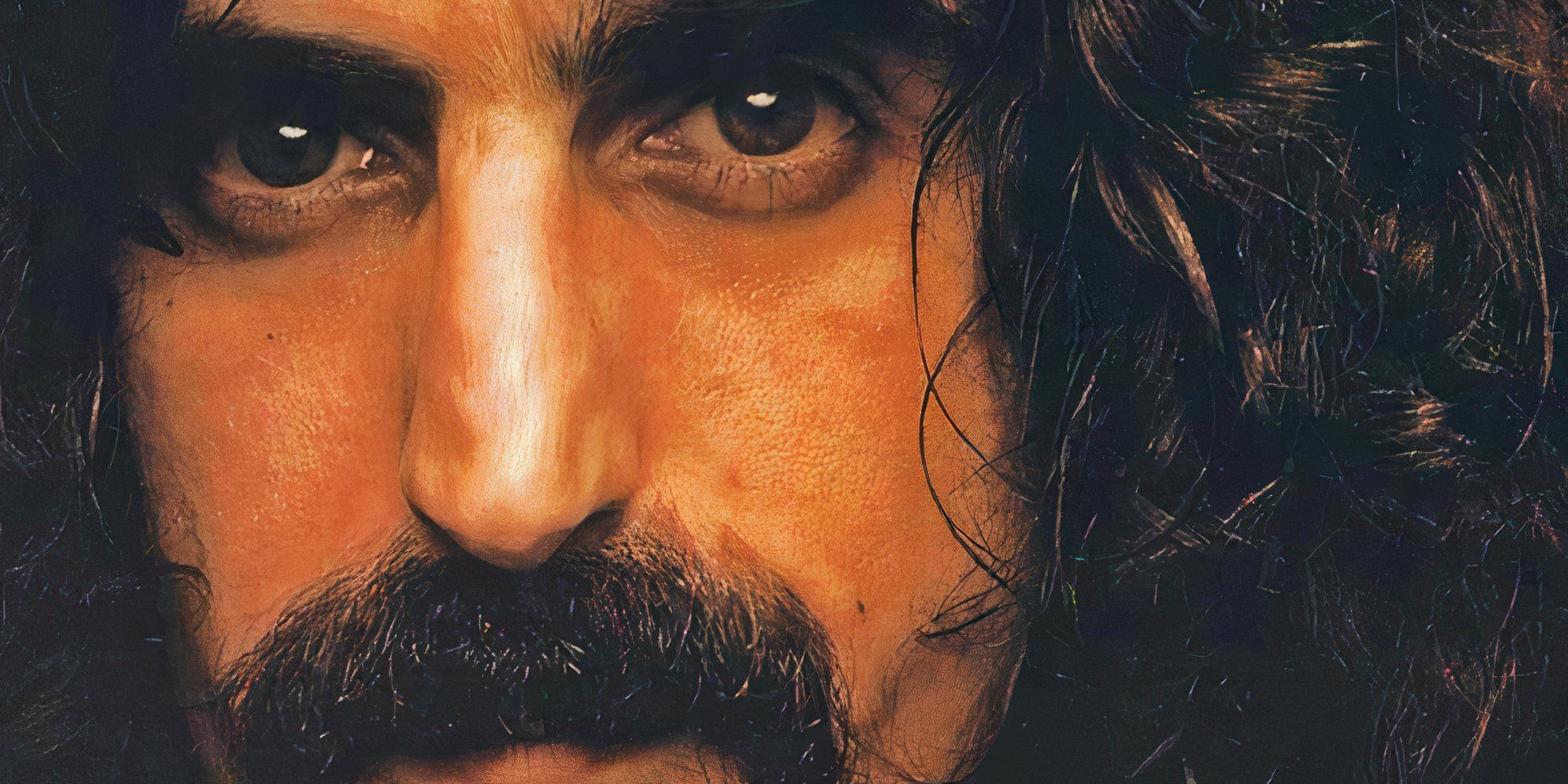It’s a lot, but these ten songs are a guide that defines Frank Zappathroughout his one-of-a-kind career.
10"Trouble Every Day"
From: Freak Out!
“He heard us sing ‘The Watts Riot Song (Trouble Every Day).’

We’re gonna make a record of you.
There are other political songs (“Who Are The Brain Police?”
This album, and Zappa’s career, came about because of “Trouble Every Day.”

Though it’s the second LP under his name, Zappa consideredHot Ratshis proper debut solo album.
It also highlights Zappa’s skills as a guitar player.
It heralded the next chapter of Zappa’s career.

When it comes to classic rock, the 1970s were the Golden Age.
Rock music was on the rise, starting to find its niche in popular culture history.
10 thanks predominantly to the single, “Don’t Eat The Yellow Snow.”

He listened to the tape, and he goes, ‘What is this sh**?’
This song represents the wealth of talent that worked with Zappa during his lifetime.
Zappa’s discography is dotted with such rancid moments, which is why this song is included here.
He is someone that is meant to be taken warts and all.
While he will never beat the chauvinistic accusations, Zappa was not anti-gay or racist.
This is the opening toJoe’s Garage, Zappa’s rock album, introduced by the nefarious Central Scrutinizer.
Zappa was outspoken against government censorship of the arts.
It’s Zappa’s highest-charting song in the U.S., reaching No.
32 on the Hot 100.
It’s a collaboration between a daughter and her father, with teenage Moon Unit Zappa improving the vocals.
It is, however, a novelty song, one not entirely representative of Frank’s body of work.
“You mean you filled out the paperwork?”
I naively asked the first time.
Earth to Moon, improvisation isn’t writing.”
It is, however,low, adding a caddish side to his legacy that fans shouldn’t ignore.
The album was Zappa’s first since testifying before the Senate Commerce, Science, and Transportation Committee.
“G-Spot Tornado” defined Zappa’s late 80s period, one of political clashing and emerging technologies.
Thematically, “Watermelon In Easter Hay” is the last guitar solo - ever.
It isheavy, and it is also quite moving.
The song contains a subdued beauty.
That feeling of resolution and peace is “Watermelon In Easter Hay.”
you’ve got the option to read into it being symbolic of Zappa’s career.
It’s an elegant composition with killer guitarwork.
It’s the ultimateFrank Zappasong.